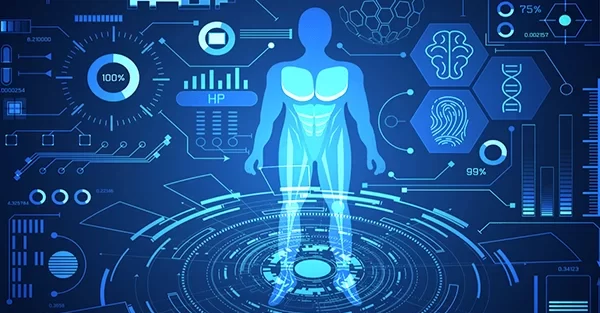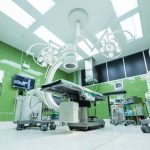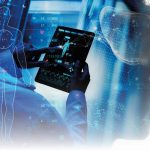Telemedicine has emerged as a transformative force in healthcare, and biomedical engineering plays a pivotal role in its advancement. This article explores how biomedical engineering contributes to the growth of telemedicine and remote healthcare, reshaping the way we deliver and receive medical services.
The integration of biomedical devices with telemedicine platforms allows for remote patient monitoring and diagnostics. Wearable devices equipped with sensors can collect and transmit real-time health data to healthcare providers, enabling proactive interventions and personalized treatment plans. Biomedical engineers play a crucial role in designing and optimizing these devices for seamless integration into telehealth systems.
Artificial intelligence (AI) and machine learning further enhance telemedicine capabilities. Biomedical engineers leverage these technologies to develop algorithms for remote diagnostics, triage, and decision support. This not only improves the efficiency of healthcare delivery but also expands access to medical expertise, particularly in underserved or remote areas.
As telemedicine continues to evolve, the collaboration between telehealth innovators and biomedical engineers will be instrumental in overcoming challenges and maximizing the potential of remote healthcare. This article explores the dynamic intersection of these fields, highlighting their collective impact on the future of medical care.






